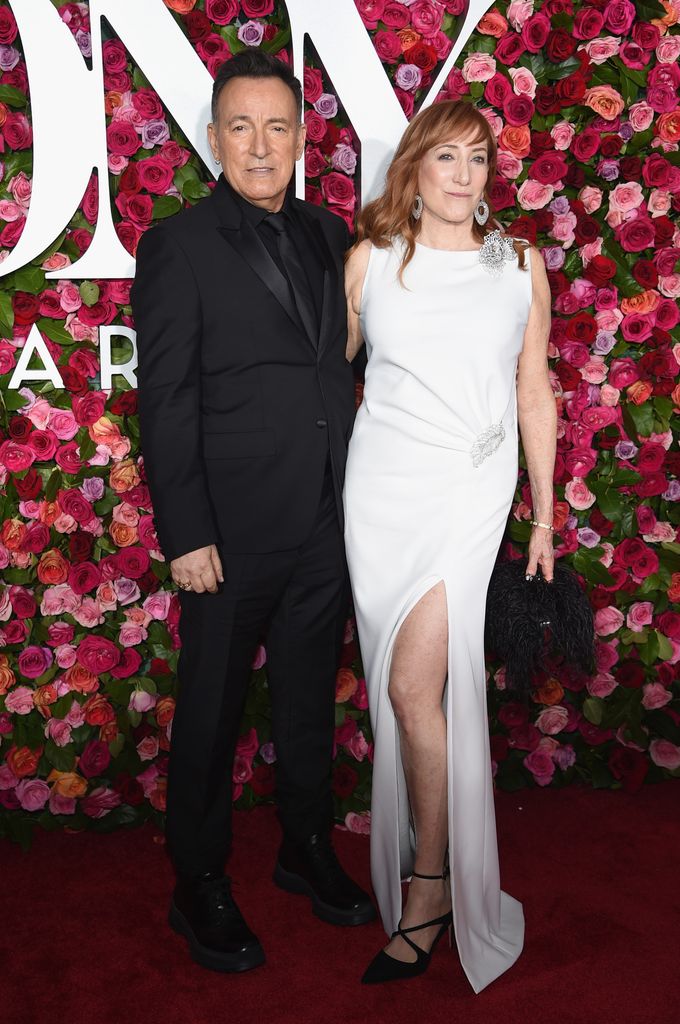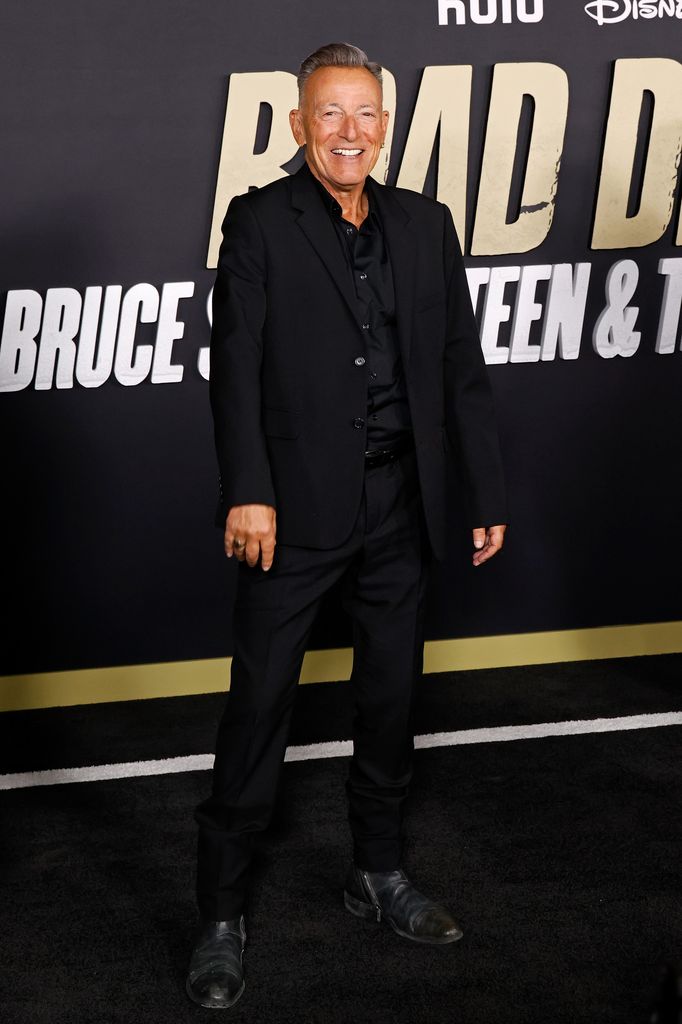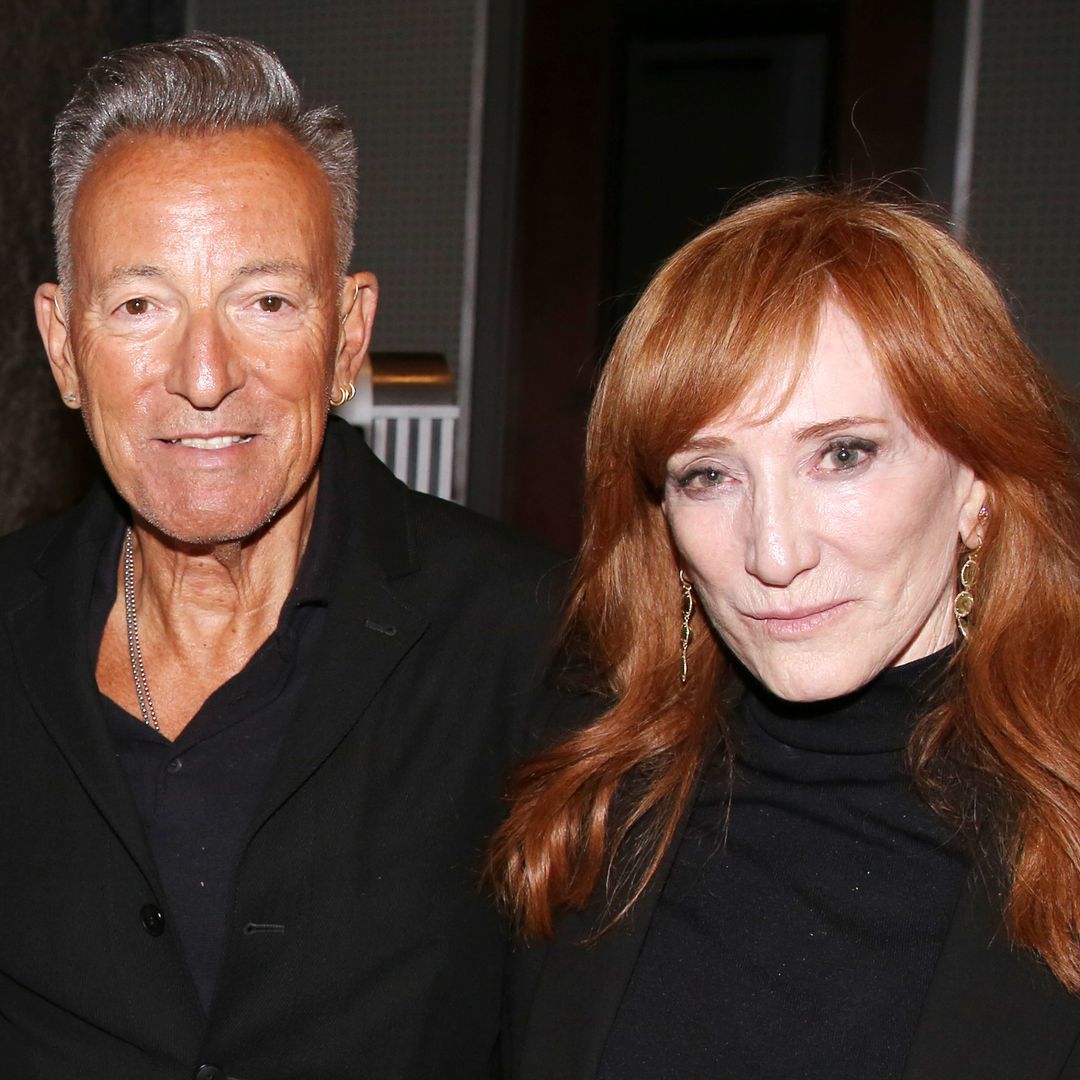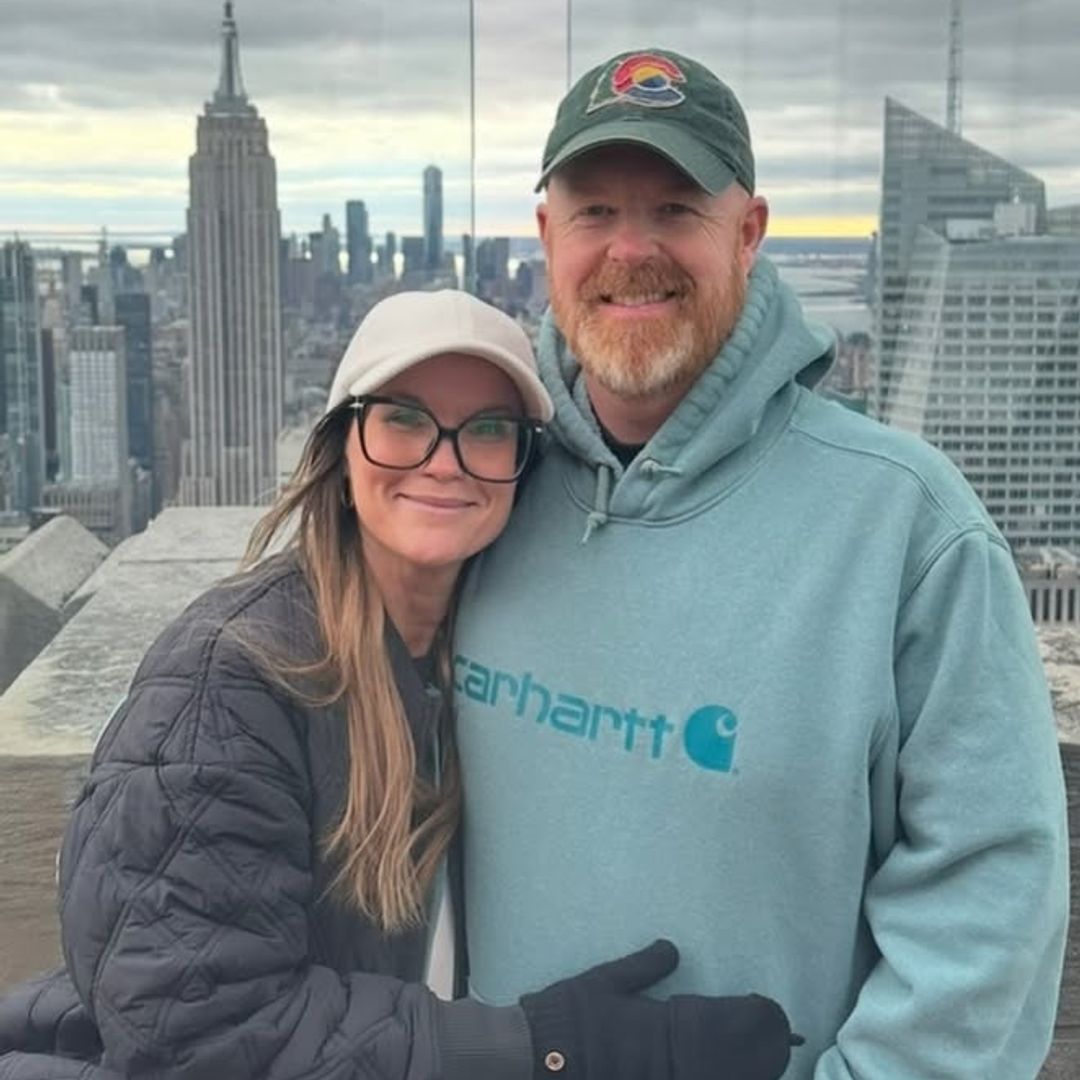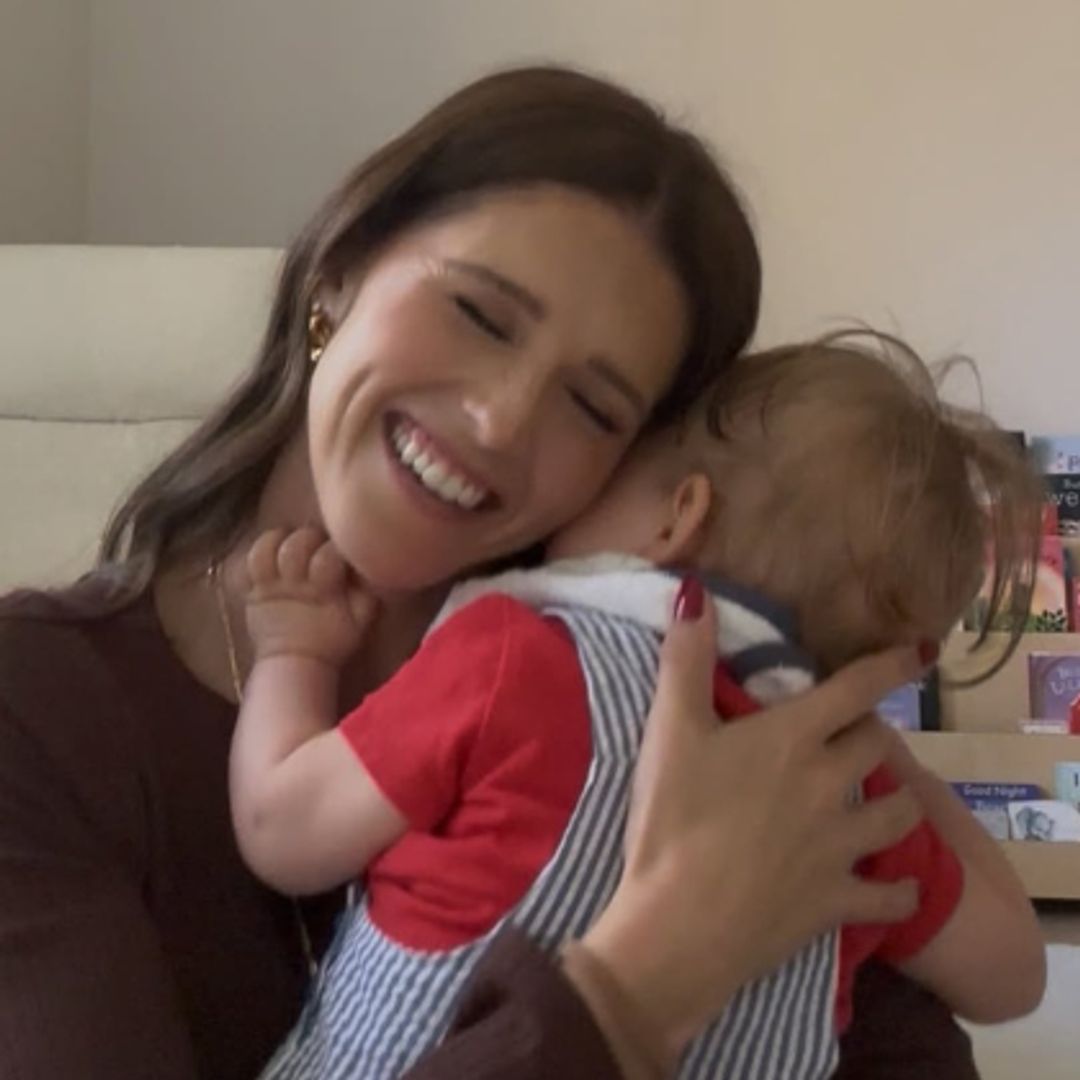Bruce Springsteen has reflected on the idea of mortality in his new documentary, Road Diary: Bruce Springsteen And The E Street Band.
The special feature will look at how the band create their live performances, including footage of rehearsals, backstage moments and personal reflections from the Born In The USA singer.
However, one of the biggest revelations actually came from the 75-year-old's wife and E Street Band member Patti Scialfa, who shared that she had been diagnosed with multiple myeloma, a form of blood cancer.
While she first received the diagnosis in 2018, she shared it for the first time in the documentary. "There's a lot about mortality and life and death and rock n' roll and how it all fits together," he said at a UK screening of the Disney+ film.
He added: "We really hadn't done a road tour documentary, let the fans see how it all gets put together so that’s what we decided to do with this one."
The couple have been married since 1991, and are doting parents to three children; Evan, 34, Jessica, 32, and Samuel, 30. Patti, a talented singer-songwriter, has played a significant role in Bruce's career, both on stage and behind the scenes. Together, they've raised their children while balancing their demanding careers.
In a recent interview with The Times, the Dancing in the Dark hitmaker spoke about splitting his time raising his kids in California and then in their massive ranch home in Colts Neck, New Jersey, which has always been a favourite for him and Patti.
"It's certainly not Los Angeles," he says of their expansive estate. "I feel safe here. This is where my people are, where the folks I wrote about are. I was never a worldly young man."
He mentions never feeling "comfortable" living in LA or New York. "I don't think you can find photographs of me falling out of nightclubs in either of them. And when Patti and I had children, we were not comfortable about them growing up in Los Angeles."
"I grew up on a block that had six houses with my relatives in them, so we came back here. The kids had aunts and uncles nearby and it was a good payoff for not being where the industry is: normal life."

